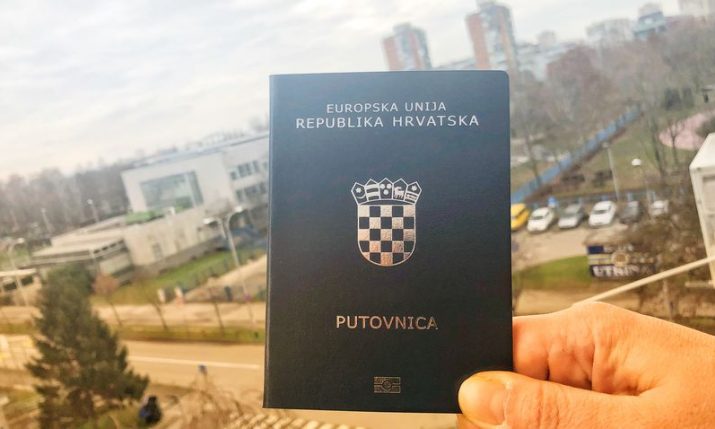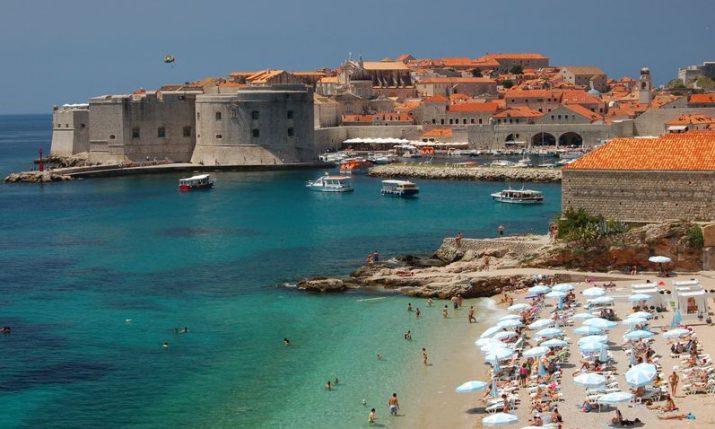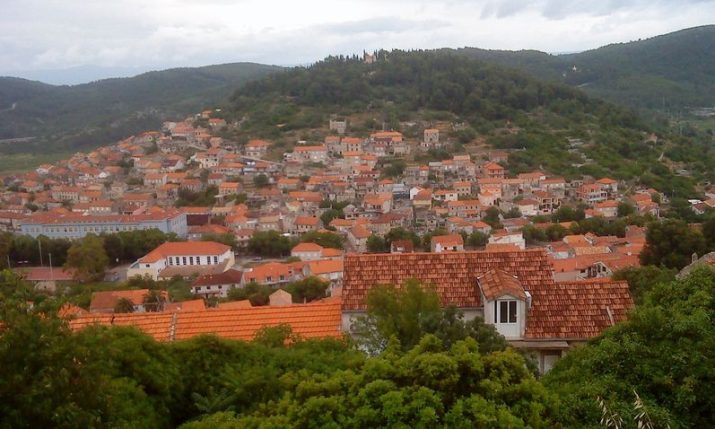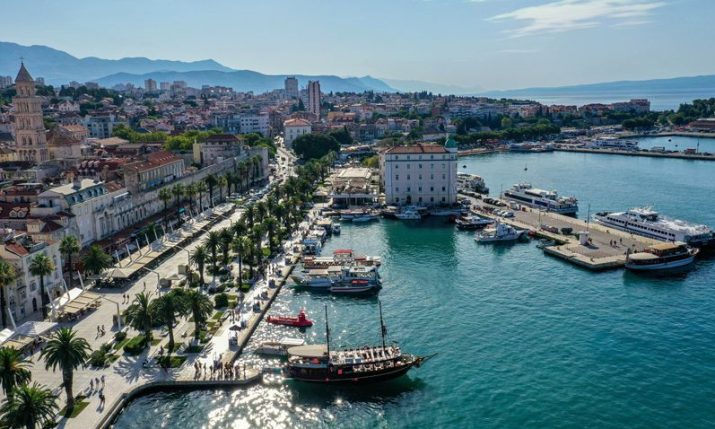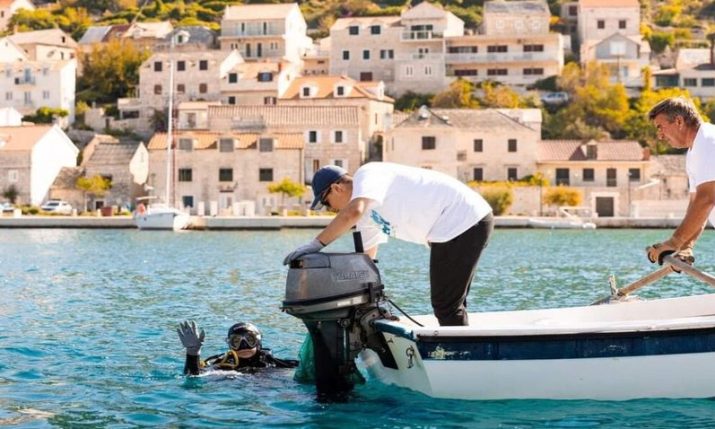Croatia set to join Schengen Area
- by croatiaweek
- in News
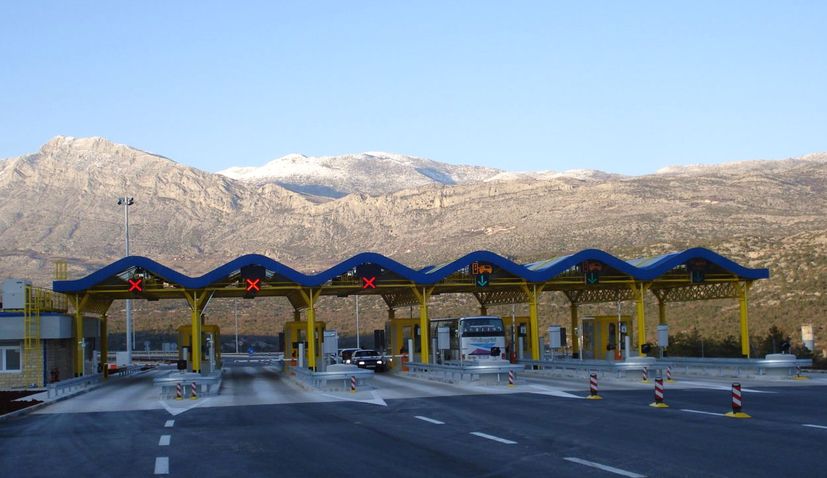
(Photo credit: Mario Žamić/CC license)
ZAGREB, 15 Nov (Hina) – At least one EU member state, if not even three, is expected to join the border control-free Schengen Area soon, the European Newsroom (ENR), which comprises 16 European news agencies, including Hina, said.
The Schengen Area comprises 22 EU member states and four countries outside the Union. Currently, Croatia, Bulgaria and Romania are knocking on its door.
Of the 27 EU member states, Bulgaria, Romania, Croatia, Cyprus and Ireland are currently not part of Schengen. On the other hand, Iceland, Norway, Switzerland and Liechtenstein, which are not members of the EU, are included.
The Czech Presidency of the Council of the EU has indicated that it wants Croatia, Bulgaria and Romania to join Schengen together. It is expected that the Council will vote on it on 9 December. Croatia is on the right track to becoming a member, given that so far there have been no announcements, at least public ones, from any Schengen member that would veto it.
The Council of the EU, the ENR recalls, initiated the decision making on Croatia’s admission to Schengen in June, requesting the opinion of the European Parliament, which voted in favour at a plenary on 10 November. Although this opinion is not binding on the Council, it is a required procedural step and also sends a political message. This was the penultimate step towards the final decision, which is expected on 9 December at a meeting of the Council.
The Council of the EU proposed to abolish controls where Croatia borders with Schengen countries on land and sea from 1 January 2023. Controls at airports are to follow suit from 26 March.
ENR notes that Croatia is also about to introduce the euro.
ENR also mentions the Slovenian-Croatian border dispute, saying that Slovenia supports Croatia’s Schengen membership but that the fate of the 2017 border arbitration agreement is uncertain.
Croatia insists it is no longer a party to the arbitration, since there were procedural irregularities perpetrated by Slovenia. Ljubljana, on the other hand, insists the arbitral award is the final judgment on the border.
Slovenian politicians have often more or less openly discussed the possibility of making Croatia’s Schengen membership conditional on the implementation of the border arbitral award.
In recent weeks, rumours have surfaced that the Slovenian government is drafting a unilateral statement to the effect that by joining the Schengen Area, Croatia is accepting the award.
“We are talking about the adoption of a statement, but this statement will be nothing but a renewed commitment to the implementation of the arbitral award,” Slovenian Foreign Minister Tanja Fajon said last week.
Fajon, who expects a positive political decision regarding Croatia’s Schengen membership by the EU’s interior ministers, also announced that the Slovenian government will soon adopt a draft position that will then be put to a vote in parliament.
Croatia joining Schengen is a particular challenge for Bosnia and Herzegovina, which shares almost a thousand kilometers of border with Croatia, ENR says.
There are strong economic, cultural and familial ties between the two countries, and BiH fears that Schengen rules might “reinforce“ the border between them.
Tradesmen expect problems in the speed of flow of goods across the border with Croatia. There are nine border checkpoints between and 20 permanent crossings for cross-border traffic. Out of the nine checkpoints, only two have the special status to perform phytosanitary controls.
These are used to export fruit, vegetables and all other goods that require this type of inspection. The Foreign Trade Chamber of BiH has warned on several occasions that the implementation of Schengen inspection standards may create waiting lines.
BiH Border Police have said that “Croatia’s membership of Schengen would ensure the meeting of all criteria and thereby a very high level of security of the country’s external borders. This is especially significant in the prevention of all forms of cross-border crime and illegal crossings in the context of the current migrant crisis.”
Supported by the EU, Croatia has invested in border protection and the country’s borders are guarded by 6,500 police officers.
Non-governmental organisations and media have repeatedly reported on violent returns and inhumane treatment of illegal migrants by Croatian authorities.
As a result, the country, in cooperation with civil society organisations, initiated an independent supervision of border police behaviour towards migrants and asylum seekers.
Such supervision mechanisms, according to the proposal of the Commission of the European Pact on Migration and Asylum, should be in place in all member states.

